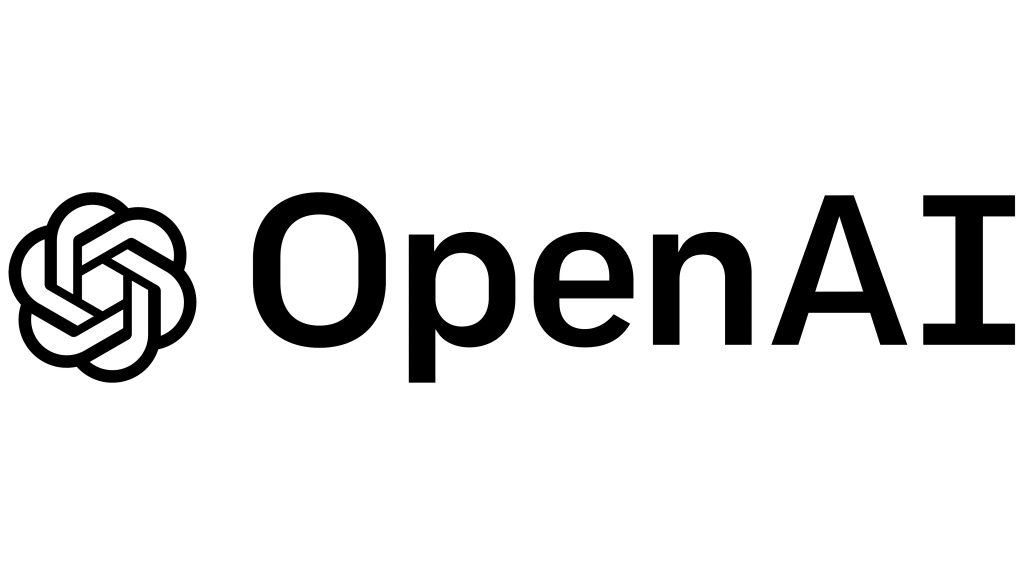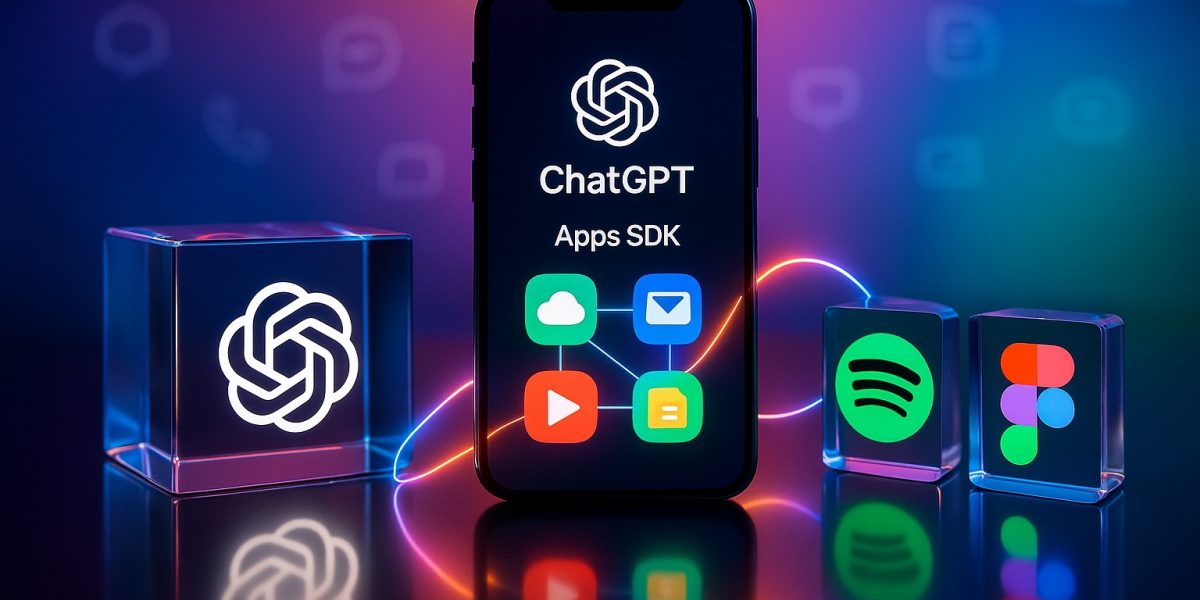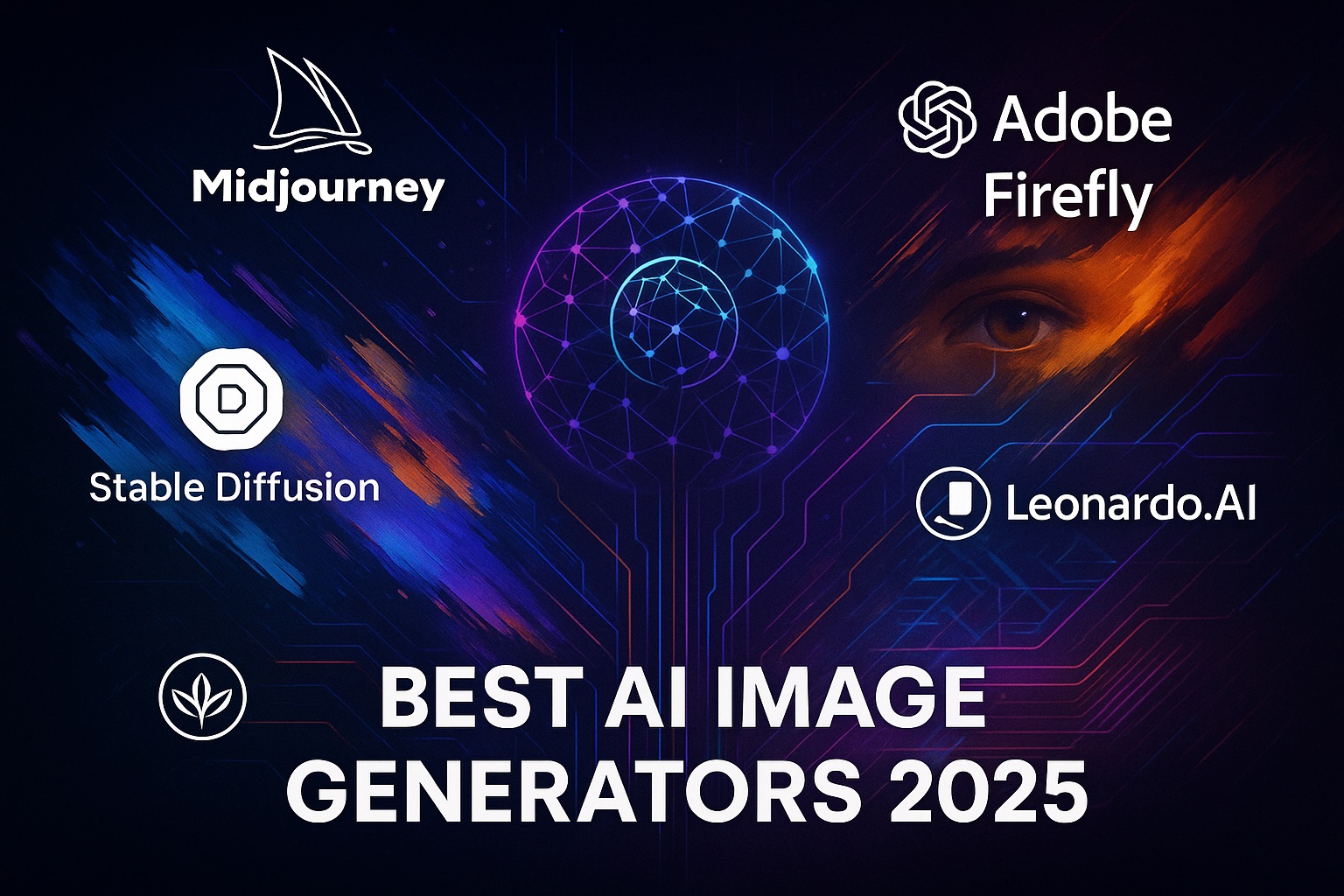ChatGPT evolved from standalone chatbot to interactive application hub Monday when OpenAI unveiled its Apps SDK, letting users control third-party services like Spotify, Canva, and Zillow through natural language commands without leaving their chat window. The DevDay 2025 announcement in San Francisco positions ChatGPT’s 800 million weekly users at the center of an emerging app ecosystem where conversational requests trigger actions across multiple platforms.
Users can now type straightforward requests like “Spotify, build me a party playlist for Friday night” or “Show me Zillow homes under $700,000” to activate integrated applications appearing directly within ChatGPT conversations. Initial app access requires account connection and permission approval, but subsequent interactions flow through simple text prompts.

Launch Partners Span Multiple Industries
Early partners represent diverse sectors: Booking.com, Canva, Coursera, Expedia, Figma, Spotify, and Zillow became immediately available to authorized users outside the European Union. Market response was swift—Figma shares jumped over 15.5% during Monday trading after CEO Sam Altman spotlighted the design platform during his keynote demonstration.
“You can sketch a product diagram for ChatGPT and then say: ‘Figma, turn this sketch into a working diagram.’ The Figma app picks up the process, responds, and executes the action,” Altman explained during his presentation. The integration enables contextual app suggestions—travel discussions might surface Expedia recommendations while design conversations prompt Figma tools.
Spotify emphasized user privacy protections in the partnership, stating “no music or podcast content gets shared with OpenAI for AI model training,” while offering personalized recommendations across 145 countries. Zillow characterized its integration as transformative for property search, with AI director John Weisberg describing it as “a unique experience for millions—a conversational guide making home search faster, easier, and more intuitive.”
Technical Architecture and Developer Access
The Apps SDK builds on the open-source Model Context Protocol (MCP), originally developed by Anthropic, which standardizes connections between AI systems and external tools. This technical foundation lets developers create lightweight card interfaces within chat threads or expand them into full-screen experiences for maps, presentations, and interactive content.
OpenAI reported ChatGPT’s user base grew from 500 million weekly in March 2025 to over 800 million currently, with 4 million developers building on the platform and API usage reaching 6 billion tokens per minute. The company plans to begin accepting application submissions for review later this year, alongside launching a public catalog and monetization options including instant payment capabilities.
Additional partners joining the platform include DoorDash, OpenTable, Target, Uber, AllTrails, Khan Academy, Instacart, Peloton, and TripAdvisor. Nick Turley, ChatGPT lead at OpenAI, described the evolution as transforming ChatGPT into “something like an operating system” where users access various services and applications.

Strategic Implications for Platform Competition
This SDK release positions OpenAI directly against established tech platforms in ways that extend beyond AI capabilities alone. The conversational interface for app control challenges how users interact with digital services—instead of switching between separate applications, everything flows through ChatGPT’s chat window. That model threatens traditional app ecosystems built around visual interfaces and dedicated applications.
The Model Context Protocol adoption signals OpenAI’s willingness to embrace cross-compatible standards rather than building proprietary integration systems. Using Anthropic’s open-source protocol—created by a direct competitor—suggests prioritizing developer adoption speed over technical differentiation. This pragmatic approach could accelerate third-party integration compared to platforms requiring custom API implementations.
Revenue sharing arrangements remain undisclosed, but the planned monetization features hint at OpenAI taking transaction fees or subscription cuts from in-chat purchases. If ChatGPT becomes the primary interface for booking travel, ordering food, or purchasing products, OpenAI positions itself between users and service providers in ways that could generate substantial recurring revenue beyond API access fees.
The European Union exclusion from initial rollout likely reflects ongoing regulatory complexities around data sharing and AI system transparency. OpenAI’s cautious approach in EU markets contrasts with aggressive expansion elsewhere, acknowledging that conversational app integration raises questions about user consent, data processing, and platform liability that existing regulations don’t clearly address.
Privacy considerations become more complex when ChatGPT mediates interactions with multiple services. Each integrated app requires permission grants, but users may not fully grasp how conversational context gets shared across platforms. Spotify’s explicit commitment not to share content with OpenAI suggests these concerns influenced partnership negotiations, potentially establishing standards other integrations will follow.
The developer ecosystem’s growth—4 million builders creating applications—indicates genuine momentum beyond enterprise pilots. Whether these developers migrate toward the Apps SDK or continue building standalone tools depends on OpenAI’s monetization terms and the actual user adoption patterns that emerge. If conversational app control remains a novelty rather than becoming habitual behavior, the platform strategy faces challenges regardless of technical capabilities.




Post a comment